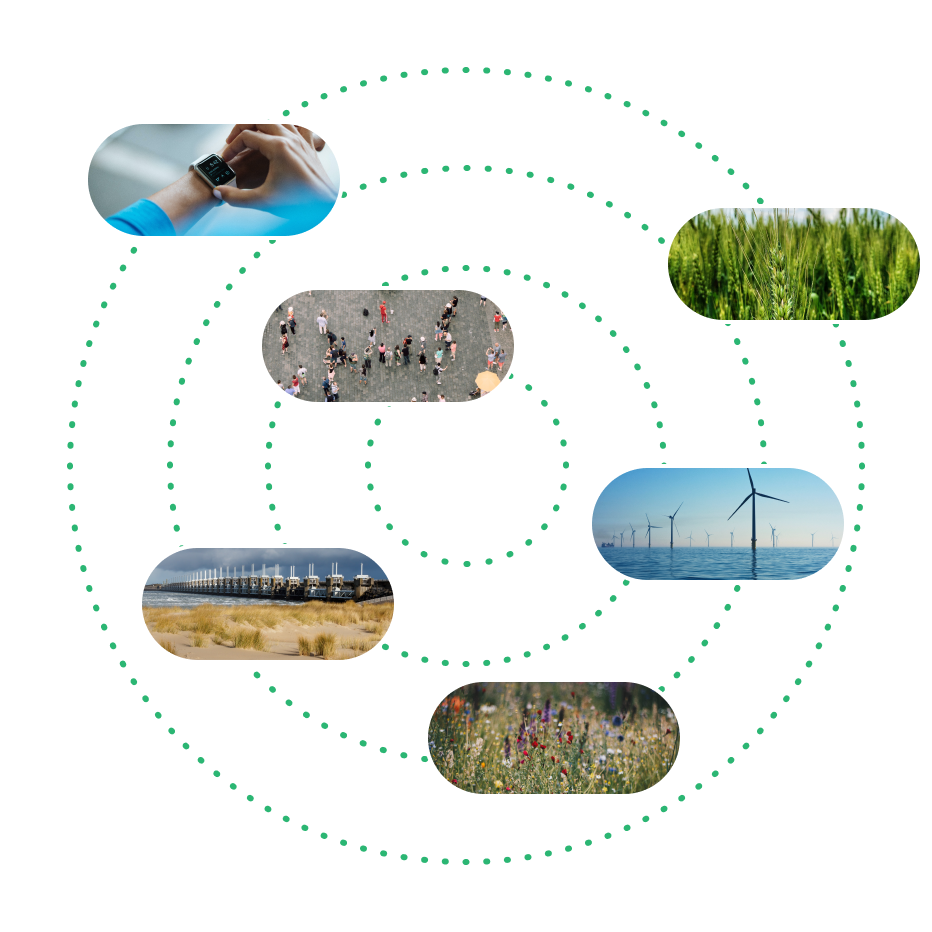New citizen profiling improves climate change communication

Different people react to climate change differently. Understanding this allows decision-makers, regional planners, communicators and educators to develop more effective, targeted communication strategies that speak to individual concerns and motivations.
That’s why the KNOWING project has developed a Climate Impact Coping Typology which categorises different citizen profiles based on their responses to climate change and related protection or adaptation measures. The aim is to boost acceptance and, therefore, implementation and success, of climate policy and actions through improved communication.
Key highlights
- 6 citizen categories: After surveying 6,000 participants across seven countries, 6 distinct profiles emerged: Active Antagonists, Beneficent Believers, Concerned Compliers, Doubting Distressed, Emphatic Engagers and Fierce Forerunners.
- Benefits for communication and engagement: The Typology enables more targeted communication and, therefore, more efficient use of resources. For example, regions with many “Concerned Compliers” and “Doubting Distressed” individuals should focus on the benefits of measures and provide practical advice. Areas with more “Beneficent Believers” and “Emphatic Engagers” should emphasise social justice and acknowledge positive engagement.
KNOWING has made its set of scientifically based questions available for interested parties to gain insights and develop tailored recommendations for their own populations. To access the questions, contact projectoffice@knowing-climate.eu
Learn more about the Coping Typology and explore the citizen profiles.
About the KNOWING project
Working in 6 European countries, KNOWING is a Horizon Europe-funded project that helps cities and regions better understand and respond to climate change. The aim is to improve understanding of complex interrelations and support strategic planning of combined adaptation and mitigation measures.
–
Disclaimer
Created with funding from the European Union. Views and opinions expressed are however those of the author(s) only and do not necessarily reflect those of the European Union or the granting authority. Neither the European Union nor the granting authority can be held responsible for them.
The information and documentation in this section are published with permission from their respective sources. While the MAIA Project strives to ensure the accuracy and completeness of the content, we make no guarantees or warranties of any kind, express or implied, about the validity, reliability, or accuracy of the information. The original sources are solely responsible for the content they provide. We disclaim any liability for any errors, omissions, or inaccuracies in the information and for any actions taken in reliance on the information contained on this website.

Comments
There is no content